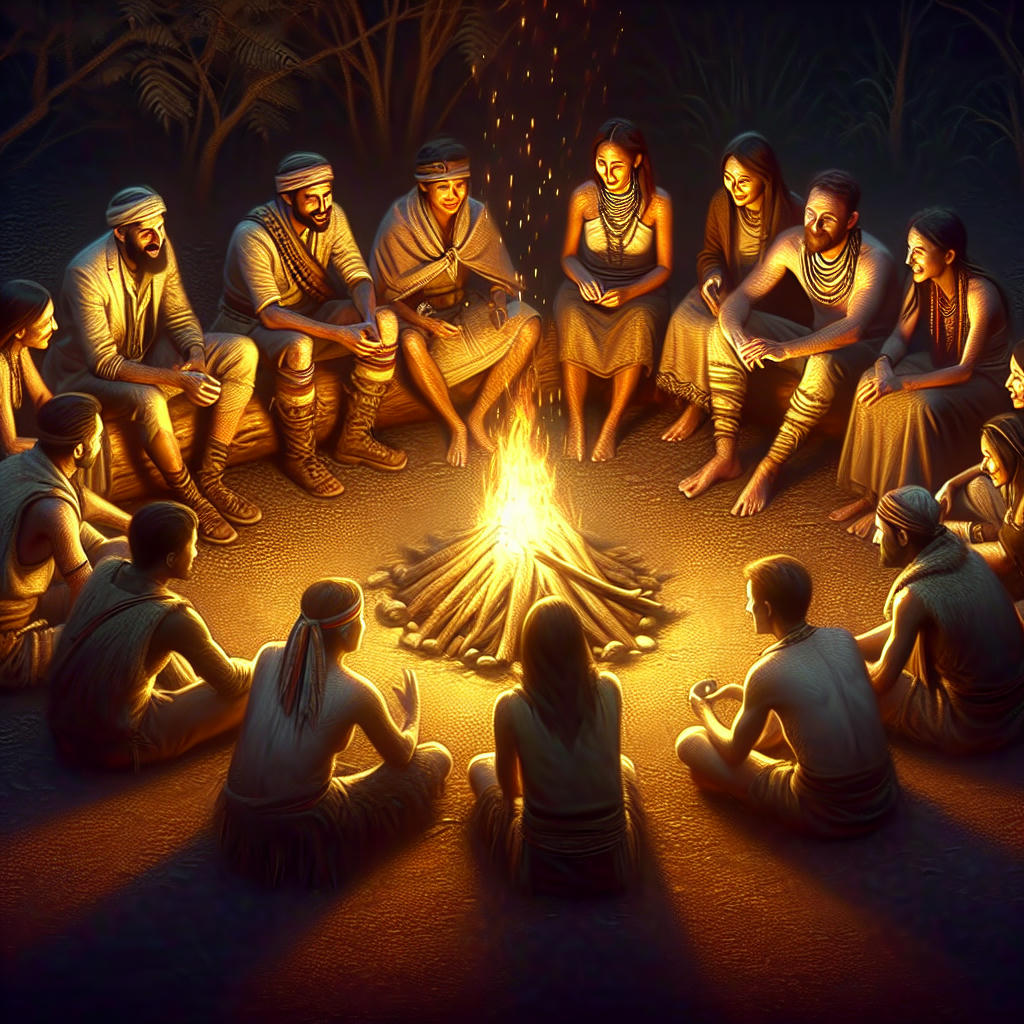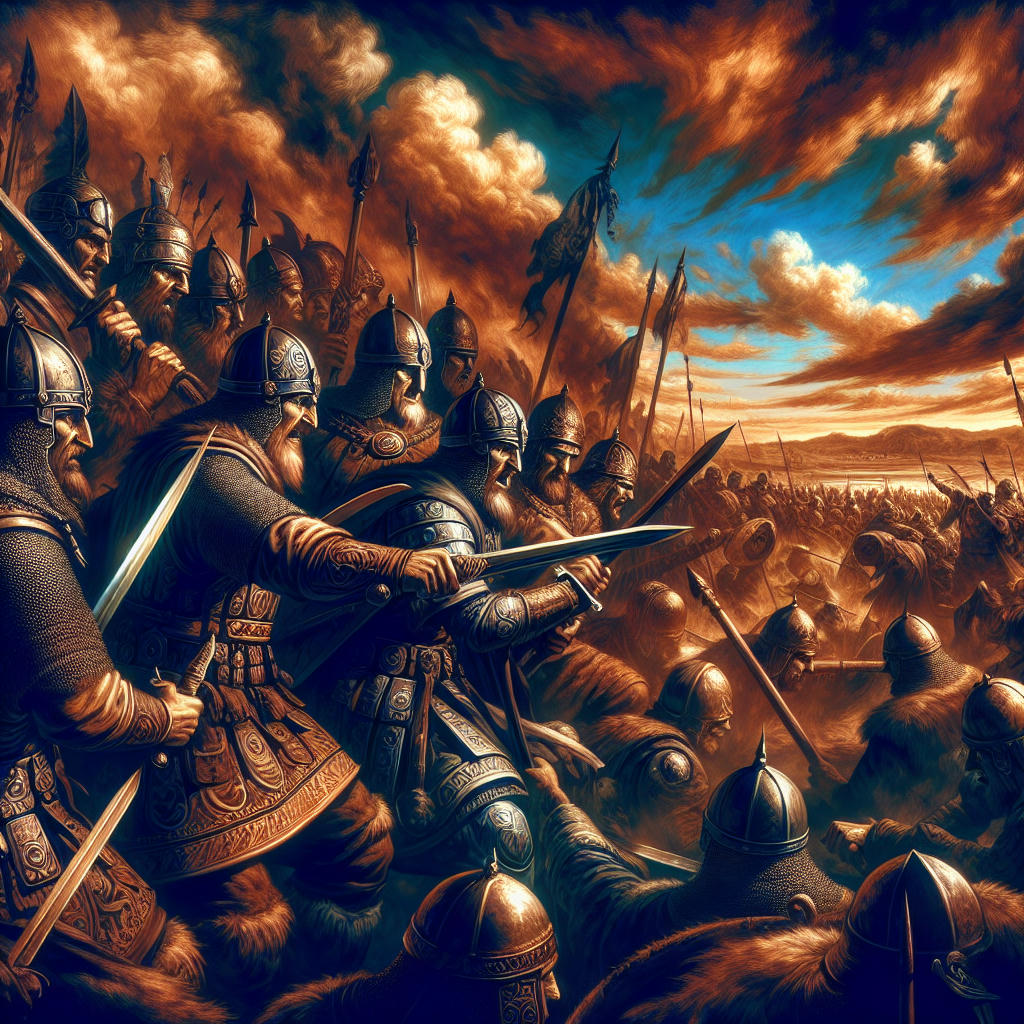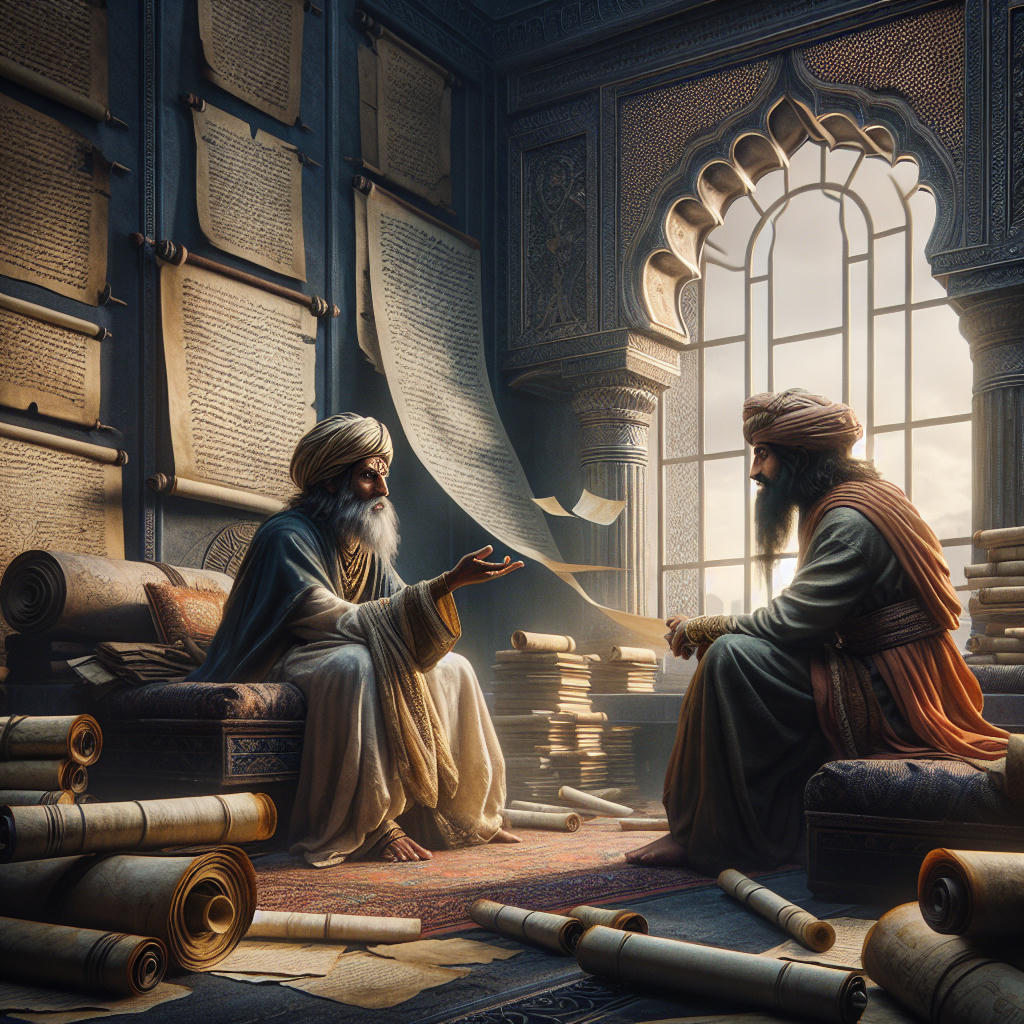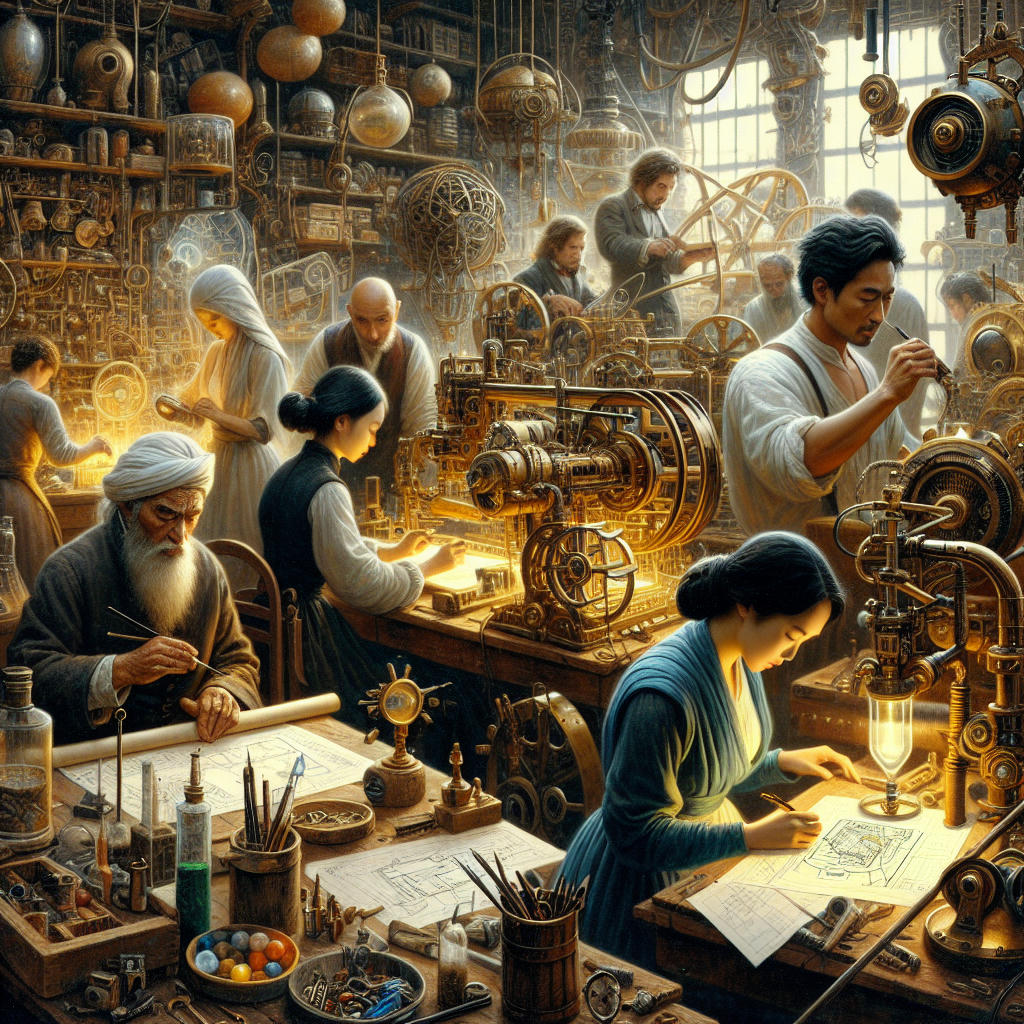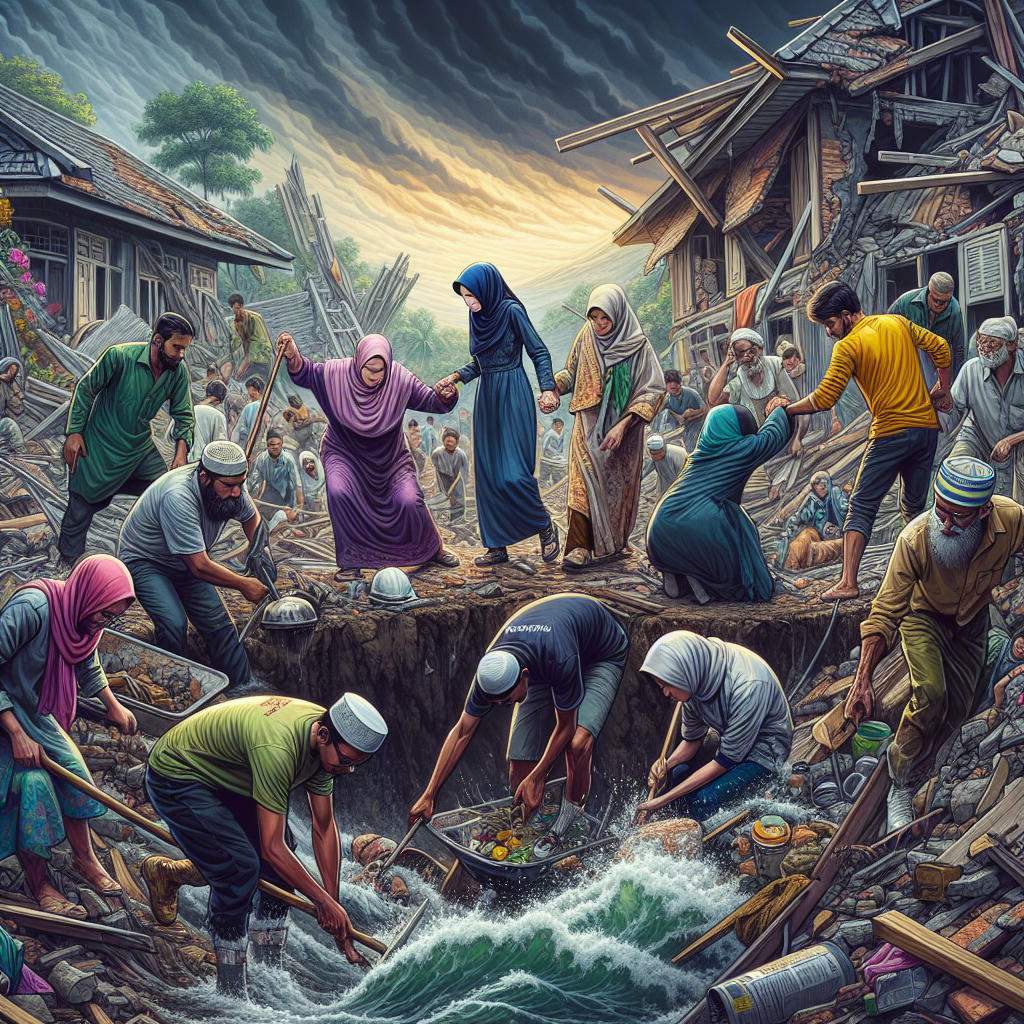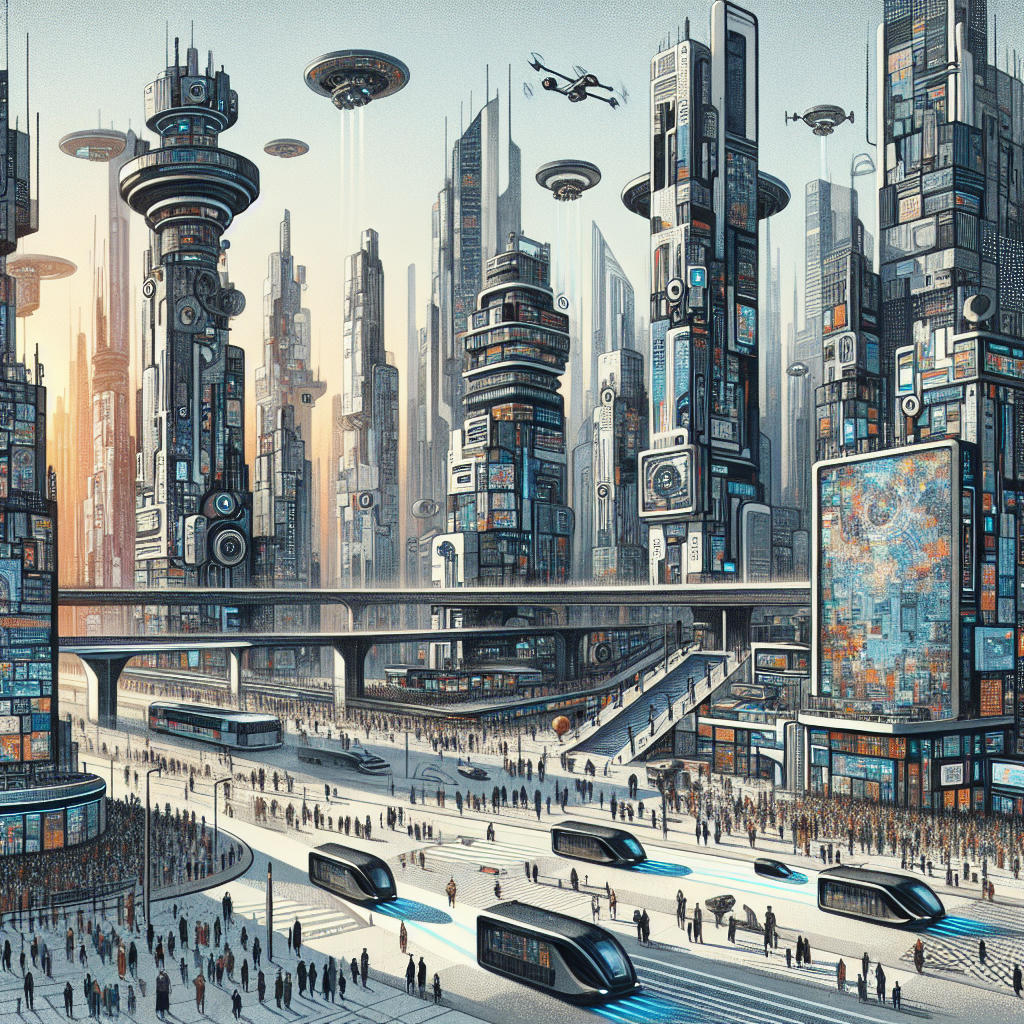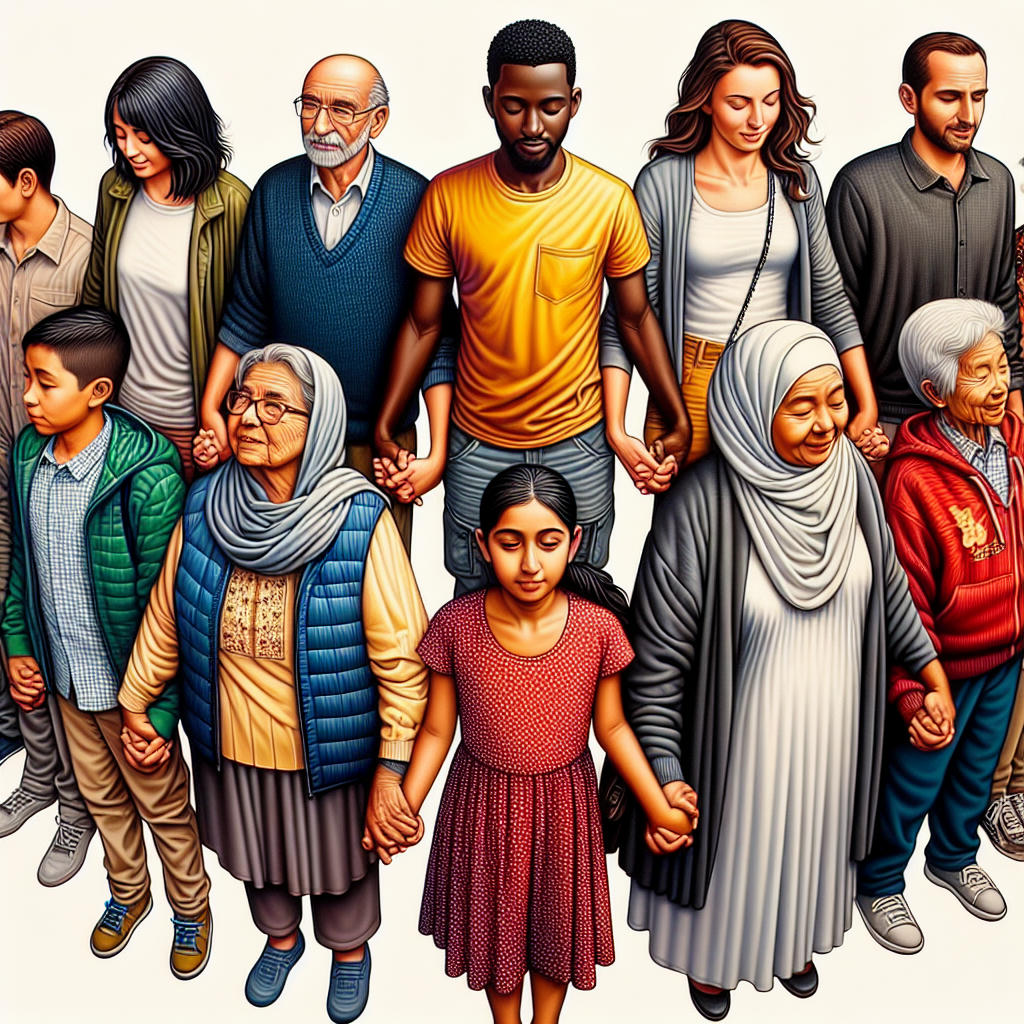In the grand tapestry of human history, there are threads that seem to weave themselves through every era, every culture, and every individual life. These threads, representing the fundamental aspects of human nature, remain remarkably consistent despite the ever-changing backdrop of our world. As we did in the past, so we do today, and likely will continue to do in the future. This article delves into the timeless dance of human nature, exploring how our intrinsic behaviors and desires shape our lives and societies.
The Pursuit of Knowledge
From the earliest days of humanity, the pursuit of knowledge has been a driving force. Ancient civilizations built grand libraries and schools, seeking to understand the world around them. Today, we continue this quest with advanced technology and scientific research, but the core desire remains the same: to know, to understand, and to discover.
The methods and tools may have evolved, but the thirst for knowledge is a constant. Whether it's a child asking endless questions, a scientist conducting experiments, or an artist exploring new forms of expression, the drive to learn and grow is a fundamental part of who we are.
The Need for Connection
Human beings are inherently social creatures. From tribal gatherings around a fire to modern social media platforms, our need for connection has always been a central aspect of our existence. We seek out relationships, form communities, and build networks, driven by a deep-seated desire to belong and to be understood.
This need for connection manifests in various ways, from the intimate bonds of family and friendship to the broader affiliations of cultural and professional groups. Despite the differences in how these connections are formed and maintained, the underlying human need remains unchanged.
The Struggle for Power
Power dynamics have always played a significant role in shaping human societies. From ancient empires and feudal systems to modern political structures, the struggle for power is a recurring theme. Individuals and groups vie for control, influence, and authority, driven by ambition, fear, and the desire for security.
While the forms of power and the arenas in which it is contested may change, the fundamental human drive to assert dominance and achieve status remains a constant. This struggle can lead to both progress and conflict, shaping the course of history in profound ways.
The Quest for Meaning
Throughout history, humans have sought to understand their place in the universe and the purpose of their existence. This quest for meaning has given rise to religions, philosophies, and artistic expressions that seek to answer the fundamental questions of life. Whether through spiritual practices, intellectual pursuits, or creative endeavors, the search for meaning is a universal aspect of the human experience.
This quest often leads to profound insights and personal growth, but it can also result in existential crises and internal conflicts. The journey to find meaning is deeply personal, yet it is a shared aspect of our collective humanity.
The Drive for Innovation
Innovation is a hallmark of human progress. From the invention of the wheel to the development of the internet, our ability to create and innovate has transformed the world. This drive for innovation is fueled by curiosity, necessity, and the desire to improve our lives and the world around us.
While the specific innovations may vary, the underlying drive to push boundaries and explore new possibilities is a constant. This spirit of innovation has led to remarkable advancements in technology, medicine, and the arts, shaping the course of human history.
The Resilience of the Human Spirit
One of the most enduring aspects of human nature is our resilience. Throughout history, individuals and communities have faced immense challenges and hardships, yet they have found ways to persevere and overcome. This resilience is evident in stories of survival, recovery, and triumph against the odds.
This resilience is not just about physical survival; it also encompasses emotional and psychological strength. The ability to adapt, to find hope in the darkest times, and to rebuild after loss is a testament to the enduring strength of the human spirit.
The Paradox of Progress
As we reflect on the timeless aspects of human nature, it is important to recognize the paradox of progress. While we have made incredible advancements in technology, science, and society, many of the fundamental challenges and conflicts remain. The same human traits that drive innovation and growth can also lead to division and destruction.
This paradox highlights the complexity of human nature. We are capable of both great good and great harm, and our progress is often accompanied by new challenges and ethical dilemmas. Understanding this paradox is crucial as we navigate the future, striving to harness our potential for positive change while addressing the darker aspects of our nature.
Conclusion: Embracing Our Humanity
In the end, the timeless dance of human nature is a reflection of our shared humanity. As we did in the past, so we do today, and so we will continue to do. By recognizing and embracing the fundamental aspects of who we are, we can better understand ourselves and each other, fostering a more compassionate and connected world.
As we move forward, let us celebrate the enduring qualities that define us, while striving to learn from our history and grow towards a more enlightened future. The dance of human nature is timeless, and it is up to us to make it a dance of harmony, understanding, and progress.

